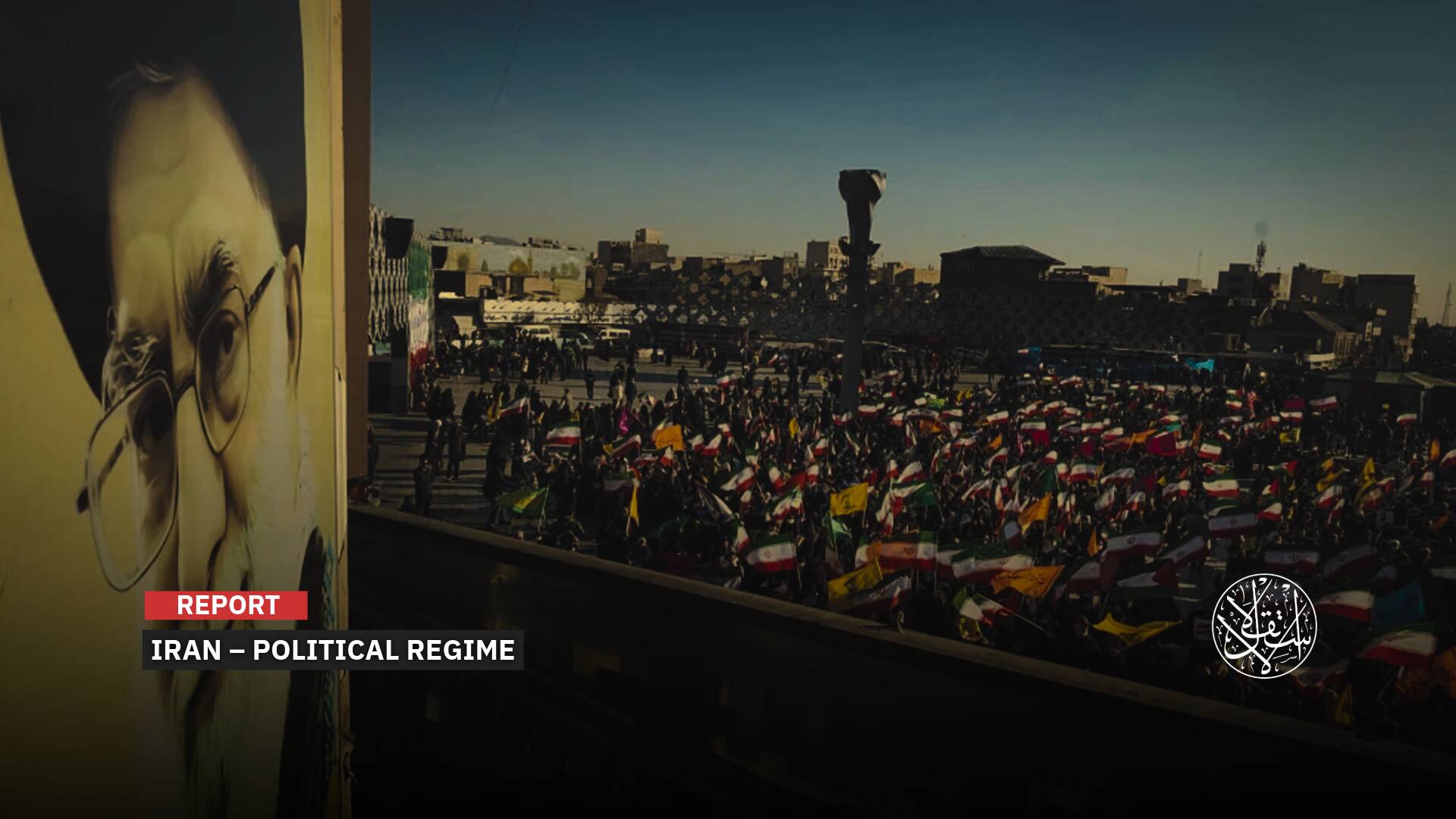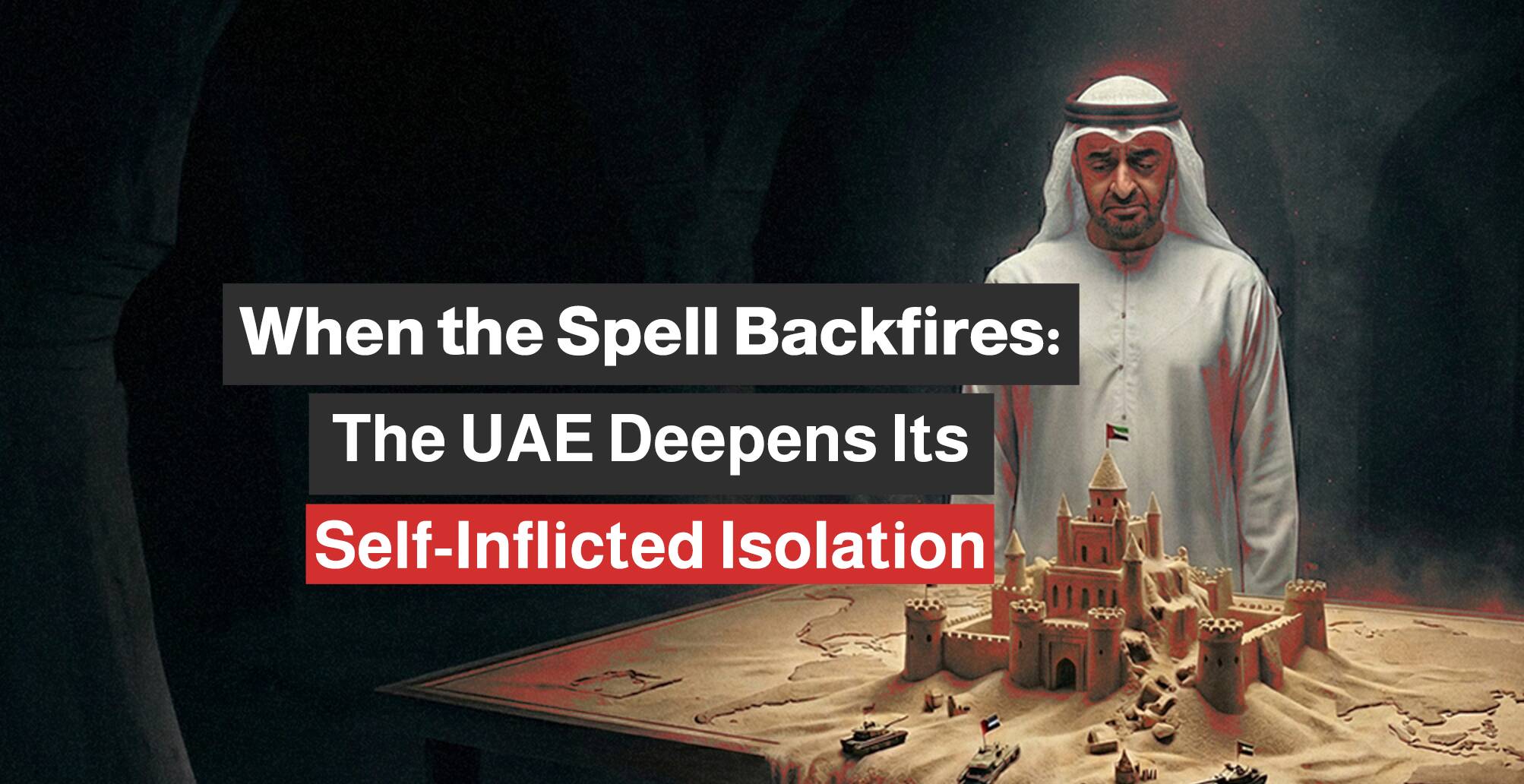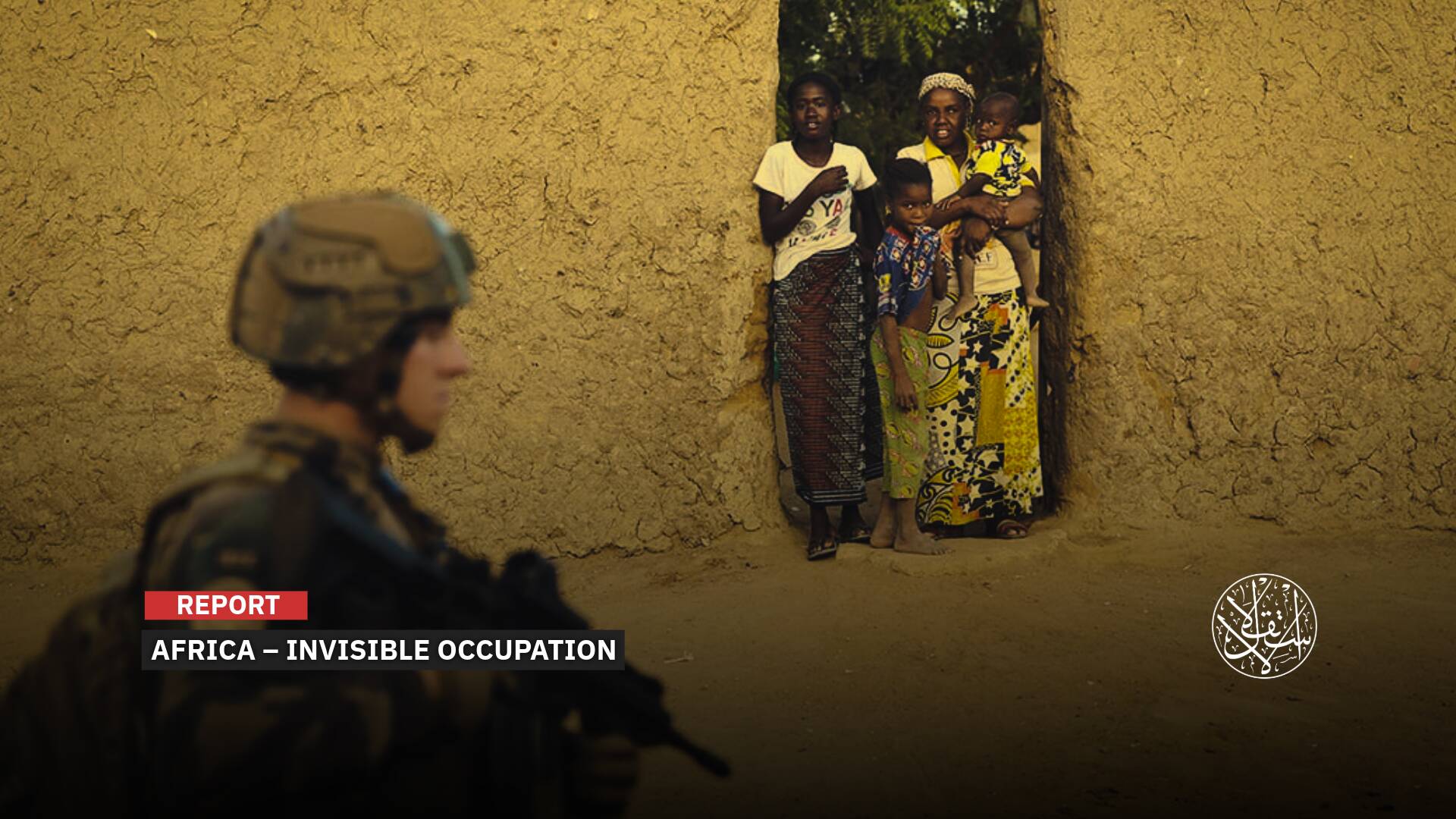Historic First Since Hitler Era: Implications of Ukraine's Unexpected Invasion of Russian Territory

Ukraine is attempting to shift the negotiation scenario from a land-for-peace deal to a land-for-land deal.
In a surprising development, the Ukrainian army for the first time breached deep into Russian territory on August 6, 2024, seizing lands spanning tens of kilometers in the Russian city of Kursk, annihilating an entire battalion of 500 soldiers, and capturing hundreds more.
This Ukrainian counter-invasion of Russian territory came nearly two and a half years after Russia's invasion of Ukraine on February 24, 2022, during which several eastern Ukrainian cities were occupied.
The recent Ukrainian invasion followed a series of Western decisions to support Ukraine's military with advanced weaponry, most notably the provision of American F-16 fighter jets for the first time, along with the green light for Kyiv to use them against Russian cities.
The invasion is believed to aim at securing military gains to strengthen Ukraine's position at the negotiating table with Russia, either to reclaim its territories or to bring about a halt to the war. However, Moscow's reaction suggests a significant escalation is forthcoming.
On Tuesday, Russian forces retaliated against Ukrainian troops using missiles, drones, and airstrikes, actions that a senior commander claimed had successfully halted Ukraine's progress following the largest assault on Russian sovereign territory since the war's onset.
What Happened?
A week ago, around 1,000 Ukrainian soldiers crossed the Russian border with tanks, armored vehicles, swarms of drones, and artillery, according to Russian officials.
Russian forces were completely caught off guard as they found themselves battling a foreign military force of around 1,000 soldiers within their borders for the first time since Germany’s invasion during World War II.
Residents of Russia's Kursk region awoke to find the Ukrainian army in control of the city, with their own military either dead or captured, dramatically altering the course of the Russia-Ukraine war within days and humiliating the Russian army.
The U.S.-based Institute for the Study of War reported in its latest update that Ukrainian forces advanced up to 10 kilometers, breaching at least two Russian defensive lines.
CNN noted that Ukraine's decision to commit a significant portion of its limited military resources to an incursion into Russia indicates a pursuit of an unclear strategic objective.
The network added that this invasion could either signify a moment of desperation or a stroke of inspiration for Ukraine, potentially heralding a new phase of the war.
The attack by the regular Ukrainian army on Russia represents a rare gamble by senior Ukrainian leaders, following weeks of bad news for Kyiv, including the occupation of military strongholds in the Ukrainian regions of Pokrovsk and Slovyansk by Russian forces.
According to CNN, there is a Ukrainian strategy behind the attack. The city of Sudzha, now partially under Ukrainian control, is located next to a Russian gas station near the border, which is a key point for supplying gas from Russia through Ukraine to Europe. This indicates that the goal might be to deprive Russia of its gas exports.
Ukrainian forces have advanced through the border fields and forests northward from the town of Sudzha, the last operational point for transferring Russian natural gas to Europe via Ukraine.
According to several analysts, the Ukrainian advance is concentrated around Sudzha, a Russian town with a population of about 5,500, located roughly 10 kilometers from the border. It hosts a gas station that still supplies Europe through Ukraine.
Before Ukraine’s invasion of Russian territory, U.S. President Joe Biden authorized Ukraine to carry out limited strikes inside Russia using American-made weapons, as confirmed by U.S. officials to The New York Times on May 30, 2024.
This was seen as a dangerous shift in the course of the Russian-Ukrainian war, as it was followed by the use of these weapons against Russian radars.
Politico was the first to report, on May 30, 2024, citing an American official and two other informed sources, that Joe Biden had secretly granted Ukraine permission to use American weapons to strike targets within Russia.
German Chancellor Olaf Scholz also made a similar decision, granting Ukraine permission to use German weapons to strike targets within Russia.
This move was considered by Putin’s advisors as a significant turning point leading to Ukraine’s invasion of Russian territory, especially since it coincided with the targeting of key Russian radars that track nuclear missiles.
It is the first time a U.S. president has authorized military strikes, albeit limited ones, on bases and command centers within the borders of a nuclear-armed adversary like Russia. Moscow thus viewed this as the beginning of direct Western involvement in the war.

Objectives of the Counter-Invasion
Foreign Policy magazine explained that one of the potential goals of this surprising incursion might be for Kyiv to gain leverage in negotiations with Russia to end the war.
In a report published on August 9, 2024, the magazine suggested that Ukraine's invasion of Russia might aim to bring about a quicker end to the war.
It asserted that if Ukrainian forces manage to hold their ground and maintain control over Russian territory in this city, it could significantly bolster Ukraine's leverage in any potential negotiations to end the war.
The American magazine stated that the goal of the Ukrainian lightning raid is to undermine the prevailing notion that Vladimir Putin holds all the cards in dictating the terms of a ceasefire to the Ukrainians.
Western supporters of Ukraine appear ready to stand by after this attack, with the White House and the European Union issuing statements that it is up to Ukraine to decide on the operation, according to Politico.
Previously, there was much debate in Washington, Berlin, and among media outlets about the Kremlin's "red lines" that could potentially trigger World War III, with one of these red lines being the transfer of the war into Russia using Western weapons.
The Washington Post noted on August 10 that the continued Ukrainian offensive and deep incursion into Russian territory for several days indicated that this operation was not just a short raid but possibly an occupation of Russian territory to trade for occupied Ukrainian lands.
The newspaper cited analysts and Western officials who said that the goal of this “prolonged operation is to divert Russian forces, raising questions about Kyiv’s ultimate aim as its forces pushed deeper into Russia’s Kursk region.”
Russian forces have already begun withdrawing troops from the fronts in Kherson, Zaporizhzhia, Kup'yans'k, Kharkiv, Belgorod, Pokrovsk, and Luhansk in Ukraine and moving them to the city of Kursk to stop the Ukrainian assault.
The Ukrainian incursion coincided with an attack by Russian forces along the central and southern parts of Ukraine, particularly in the Donbas region.
Russia had been focusing its advance on key logistical centers like Pokrovsk and Toretsk, aiming to gradually weaken Ukrainian defenses.
Western analysts believe that regardless of the final outcome of Ukraine's incursion into Russia, this operation has succeeded in shifting the narrative in Kyiv's favor.
Instead of lamenting Russian advances on the eastern front every day, Ukrainians are now eagerly watching news of their forces' deeper incursion into Russia's Kursk region.
A Ukrainian presidential advisor hinted at this in a statement to The Washington Post, saying that “this will give them the leverage they need in negotiations with Russia, and that’s what it’s all about.”
President Zelensky also hinted at this in an interview with BBC News in July 2024, stating that Kyiv is ready to negotiate, but added that they don’t have to recover all the territories by military means; he said he believes this can also be achieved through diplomacy.
Now, “occupied Russia can be traded for occupied Ukraine,” as suggested by former Prime Minister of Sweden Carl Bildt on X, wondering if the idea is for both states to withdraw to their recognized borders.
On August 11, the Ukrainian president acknowledged his country’s invasion of Russian territory and justified it as pushing the war onto the aggressor’s land, according to Sky News.

How Will Russia Respond?
Vladimir Putin accused the West of being behind Ukraine’s incursion into Russian territory and vowed to "expel the enemy" in his first public remarks since Kyiv's assault last week.
During a tense security council meeting, Putin instructed his military leaders to repel the first foreign invasion of Russian soil since World War II.
"The mission of the Ministry of Defense is to push the enemy out of our lands and, along with the border service, secure the state borders," he stated, reading from a notepad filled with handwritten notes.
Russia’s defense ministry released footage showing Sukhoi Su-34 bombers targeting what it claimed were Ukrainian forces in the Kursk border region, along with infantry assaulting Ukrainian positions.
A Russian leader demands a "worthy response" to the Kursk invasion as experts label the Kremlin's counterattack plans as “confused and improvised,” according to The Telegraph.
Since this is the first time another country has invaded Russian territory since the German invasion during World War II, Ukraine's entry into Russia has caused significant embarrassment.
Experts anticipate that this unexpected operation could shift the course of the war, leading Moscow to launch wider and more intense attacks on Kyiv, potentially using new weapons.
Former Russian President Dmitry Medvedev commented on the Ukrainian assault, stating that Russia "must expand its war objectives to include all of Ukraine."
Russian President Vladimir Putin’s initial response was to describe the event as a "major provocation."
Military leaders quickly dispatched reinforcements to counter the Ukrainian military incursion, which was described as "the greatest challenge" to Moscow since the Wagner Group’s mutiny crisis.
Western reports predict that this Ukrainian offensive could lead to Russian escalation not only against Ukraine but also against the West, possibly involving the use of a tactical nuclear weapon, which Russia has previously threatened to use against Ukraine.
Kyiv is attempting to change the negotiation scenario from a land-for-peace deal to a land-for-land exchange, placing Putin in a dilemma.
Losing control over even small parts of Russian territory would be a significant embarrassment for the Kremlin, which also needs to maintain and defend the Ukrainian lands it annexed.
Foreign Policy emphasized that the Ukrainian attack, openly supported by the United States, which gave the green light for using the weapons and ammunition it supplied, is likely to provoke a larger Russian escalation against Kyiv. This is according to experts cited by The National Interest on August 10.
The report noted that while the events in Kursk may not be significant in terms of power dynamics, they are substantial from the perspective of the decision made by Ukraine’s Western allies and implemented by the United States, which could compel Russia to respond more violently to save face as a major power.
The National Interest deemed Ukraine’s strategic position precarious, even if it managed to rein in Russia and maintain the flow of Western weapons.
This is because the possibility of Donald Trump winning the U.S. presidential election in November 2024 and abruptly halting American aid cannot be ruled out. Even if Kamala Harris were to win, her administration might struggle to secure future support packages for Ukraine if the Republicans retain their majority in the U.S. House of Representatives.
As part of Russia's responses, a Foreign Affairs report on August 9 highlighted the growing role of Russia's proxies, including saboteurs and assassins, who threaten the West and serve the Kremlin by spreading chaos.
The report claimed that by relying on a renewed Russian espionage force and a new army of local recruits in targeted countries, Putin has opened a new chapter in Russia's gray zone operations in the West.
It added that Russian-backed forces are prepared to attack Western industrial infrastructure and transportation, and in some cases, Western citizens as well.
The magazine also claimed that suspicions are swirling around Russia's involvement in the sabotage of railway lines in France on the day of the Paris Olympics opening ceremony.
It pointed to European and American intelligence officials linking a series of sabotage operations across Europe to Russia's GRU intelligence agency.
Sources
- Ukraine’s Invasion of Russia Could Bring a Quicker End to the War
- Ukraine appears to expand Russia incursion, in morale boost for Kyiv
- Putin Is Freaked Out: How Ukraine Just 'Invaded' Russia
- Putin’s New Agents of Chaos
- Why Ukraine’s generals may have rolled the dice on an incursion into Russia
- The West is fighting us with the hands of Ukrainians, says Putin










